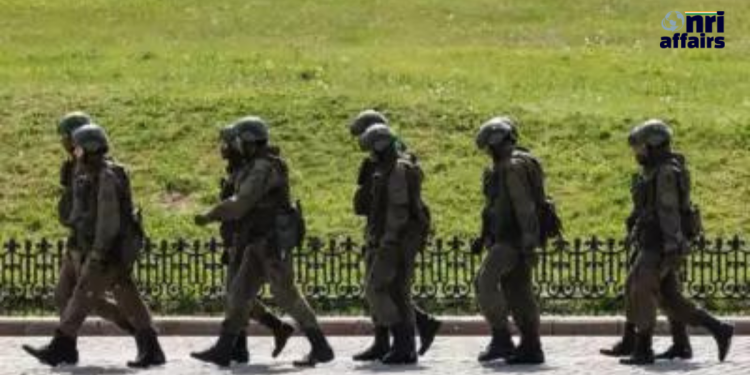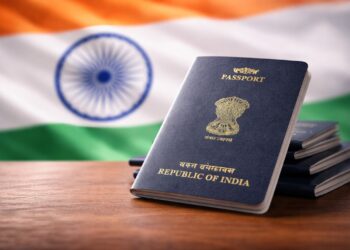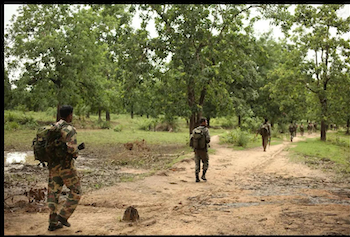In a grim development, the External Affairs Ministry has confirmed the deaths of two Indian nationals who were recruited by the Russian Army and subsequently killed in the ongoing conflict in Ukraine. This revelation sheds light on the complex dynamics of international involvement in the conflict, which has been raging for years.
The Ministry of External Affairs has confirmed that two Indian nationals, enlisted by the Russian Army, lost their lives in the Ukraine conflict. Additionally, in an official statement, the Indian Embassy in Moscow has vigorously addressed the issue with the Russian Ambassador in New Delhi and Russian authorities in Moscow. The objective is to facilitate the swift release and safe return of all Indian citizens currently serving with the Russian Army.
Once again, the ministry has emphasized the importance of caution for Indian nationals seeking job opportunities in Russia.
In March, the Ministry of External Affairs (MEA) issued directives urging Indian citizens to exercise vigilance and refrain from pursuing high-risk employment in Russian military units. This advisory follows the tragic deaths of two Indian nationals who were serving as support staff with the Russian Army.
During a weekly briefing, MEA spokesperson Randhir Jaiswal urged citizens not to be enticed by offers from agents promising support roles within the Russian Army. He cautioned that such positions could pose a significant danger and risk to life.
In a parallel development, the Central Bureau of Investigation (CBI) conducted an investigation that revealed a concerning trend: numerous Indians were deceived with promises of lucrative employment and subsequently deployed to participate in the Russia-Ukraine conflict. The probe uncovered a human trafficking network responsible for orchestrating the illegal migration of young Indians abroad.
This investigation gained urgency following reports of the death of a 30-year-old man from Hyderabad, who was allegedly victimized by job fraud and ultimately found himself involved in combat in the ongoing Russia-Ukraine conflict.
In its statement, the Ministry of External Affairs (MEA) conveyed its heartfelt condolences to the families of the deceased individuals and assured that efforts are underway to expedite the repatriation of their mortal remains. The MEA emphasized that both the Ministry of External Affairs and the Indian Embassy in Moscow have vigorously pursued the matter with the Russian Ambassador in New Delhi and the relevant authorities in Moscow, urging for the prompt release and return of all Indian nationals affiliated with the Russian Army.
India has also firmly demanded a cessation of any further recruitment of Indian citizens by the Russian Army, emphasizing that such actions are not aligned with the collaborative partnership between the two nations. Additionally, the MEA reiterated its appeal to Indian nationals to exercise caution when considering employment opportunities in Russia.
In February 2024, a tragic incident occurred when a 23-year-old individual from Surat, Gujarat, named Hemal Ashwinbhai Mangua, lost his life while serving in the capacity of a ‘security helper.’ Similarly, in March 2024, Mohammed Asfan, a 30-year-old from Hyderabad, met his demise while serving alongside Russian troops.
During the same month, a distressing situation unfolded involving a group of seven individuals from Punjab and Haryana who found themselves stranded on the Russia-Ukraine border. They released two videos appealing for the intervention of the Indian government to facilitate their safe return home. According to their accounts, they had been traveling on tourist visas but were detained by Russian authorities due to a lack of specific documentation. Allegedly, they were coerced by the police to join the Russian Army under the pretext of working as “helpers.”
The Russia-Ukraine conflict, which erupted in 2014 following Russia’s annexation of Crimea, has since escalated into a protracted and deadly struggle involving various factions and foreign actors. The involvement of individuals from other countries, such as these two Indians, underscores the global ramifications of the conflict and the challenges in finding a resolution.










